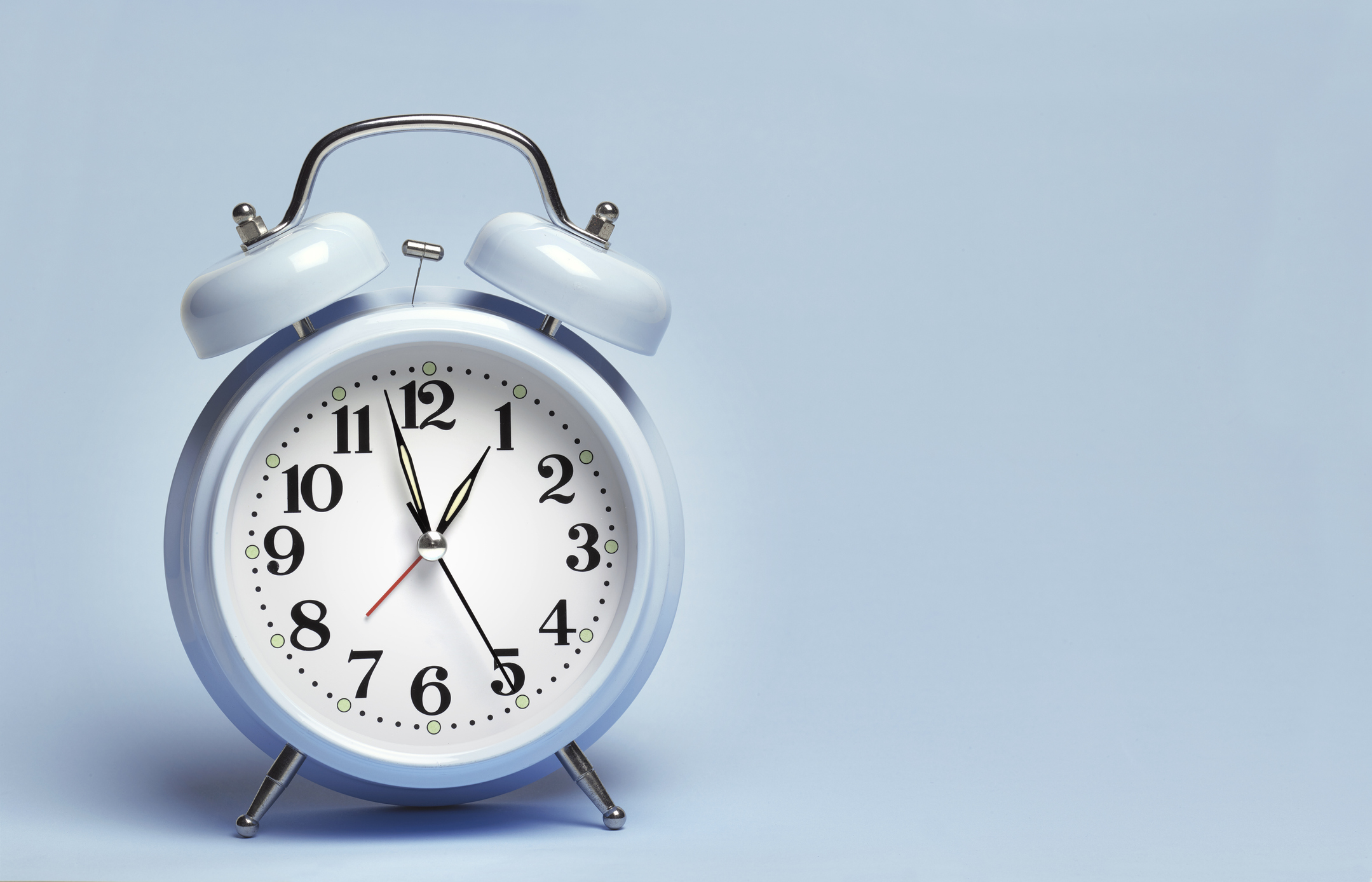Daylight saving time ends this weekend, meaning clocks must "fall back" by an hour on Sunday, Nov. 7.
But your clock's time isn't the only thing you should check this Sunday, the Office of the Illinois State Fire Marshal says. You should also test your smoke and carbon monoxide alarms, as well as inspect the devices' expiration dates and change their batteries.
"The time change serves as a bi-annual reminder to test your smoke and CO alarms and is also a good time to review and practice your families fire escape plan," said Illinois State Fire Marshal Matt Perez in a statement. "We see an increase in fires during the cold weather months and having working smoke alarms in our homes is very important as the time you have to escape a fire can be as little as 3 minutes."
Perez said that according to the National Fire Protection Association, almost three out of five home fire deaths in the United States between 2014 and 2018 were from fires in homes with no smoke alarms or non-working smoke alarms.
"Dead batteries caused 26% of the smoke alarm failures. Replacing alarms that have missing batteries or are either expired or broken with new 10-year sealed detectors will help reduce residential fire deaths across the state," he said, adding that a 2017 Illinois law required 10-year sealed smoke alarms in homes built before 1988 or with no hardwired smoke detectors by Jan. 1, 2023.
The time officially changes at 2 a.m. CST on Sunday. Daylight saving time starts in 2022 on March 13.
How did daylight saving time get started anyway? Check out the history of daylight saving time here.
Wondering about the future of daylight saving time? Answers to that and more right here.
Feeling out of the loop? We'll catch you up on the Chicago news you need to know. Sign up for the weekly Chicago Catch-Up newsletter.



